Optimal Timing for Sliding Window Installations
Timing plays a crucial role in the effectiveness and longevity of sliding window installations. Choosing the right season can impact installation quality, cost, and durability. Weather conditions, temperature, and humidity are key factors to consider when planning installation projects.
Spring offers moderate temperatures and lower humidity, ideal for precise window installation and sealant curing.
Summer provides longer daylight hours, but high temperatures can affect sealant performance and installation comfort.
Autumn's cooler temperatures and dry weather can facilitate effective installation without the risks of extreme heat or cold.
Winter may pose challenges due to cold temperatures and potential for snow or ice, which can hinder installation and affect materials.
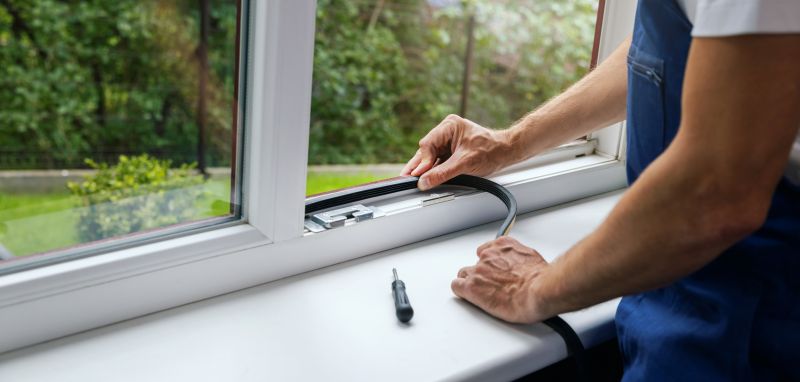
Window installation during spring benefits from mild weather and optimal conditions for sealant curing.
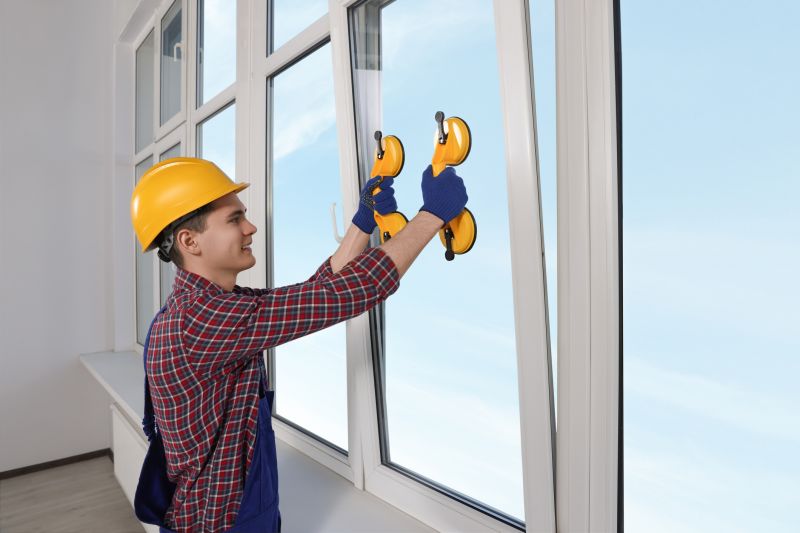
Summer installations require careful scheduling to avoid high heat and humidity affecting materials.
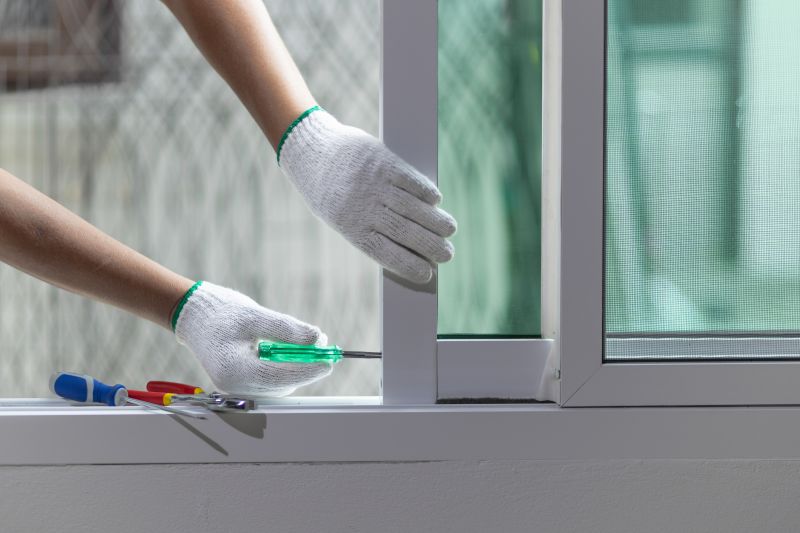
Autumn offers cooler, dry conditions ideal for precise sliding window installation.
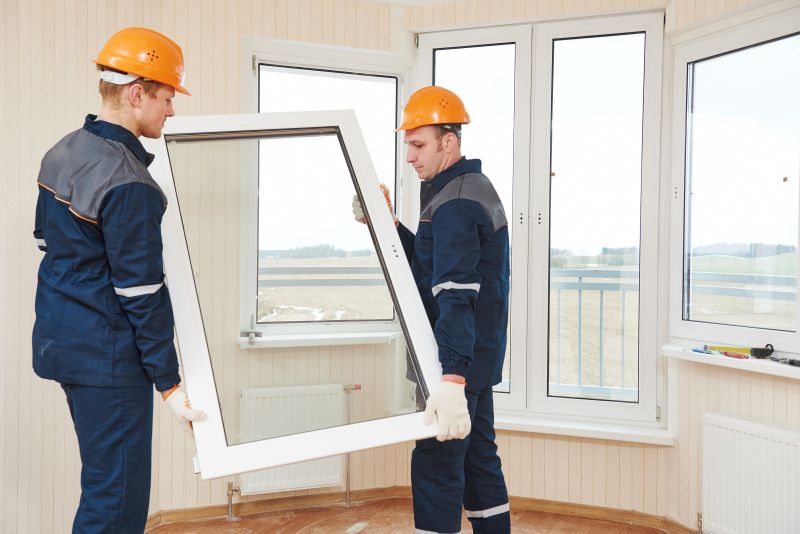
Winter installation may involve additional precautions due to cold temperatures and potential weather delays.
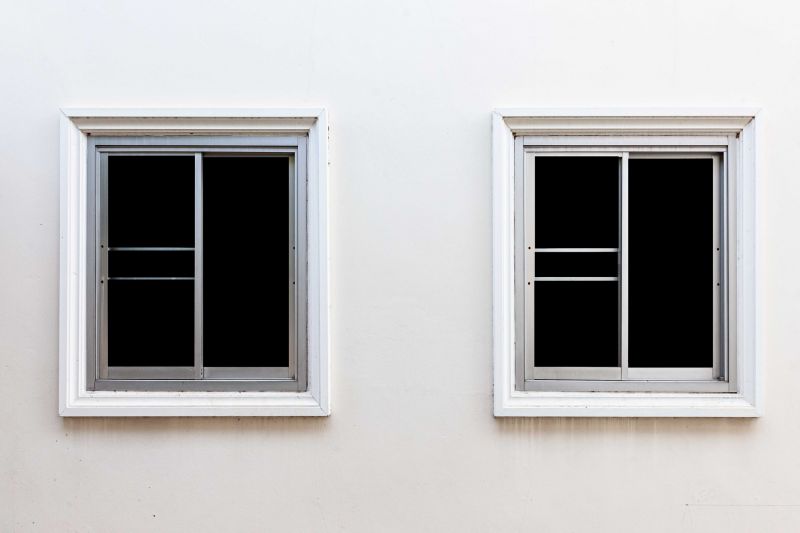
Ways to make Sliding Window Installations work in tight or awkward layouts.
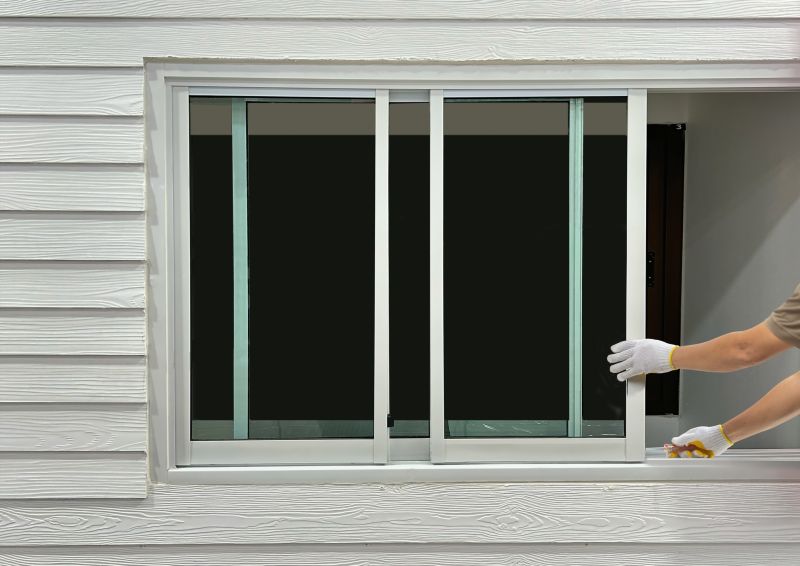
Popular materials for Sliding Window Installations and why they hold up over time.
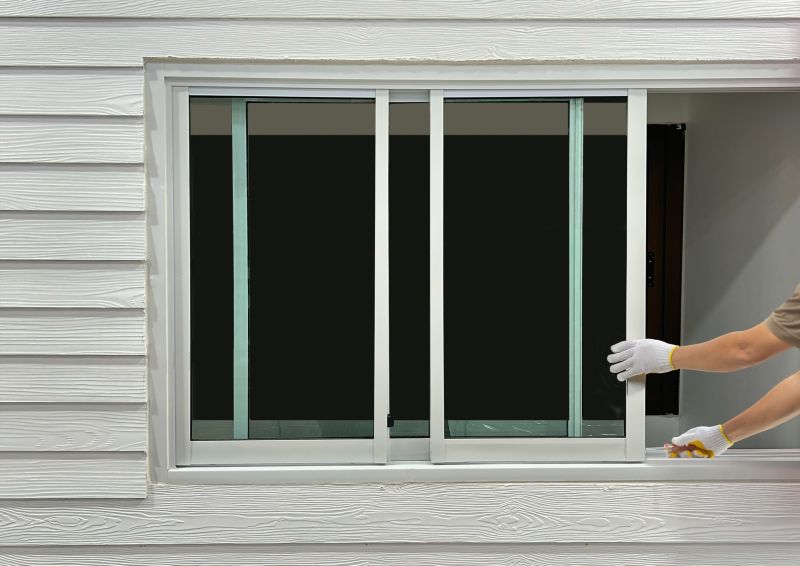
Simple add-ons that improve Sliding Window Installations without blowing the budget.
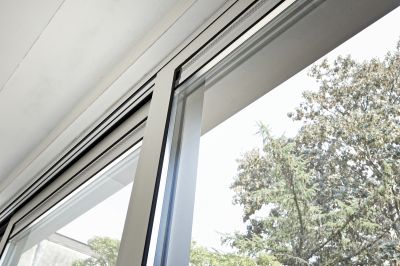
High-end options that actually feel worth it for Sliding Window Installations.
Sliding window installations are a popular choice for their ease of operation, space efficiency, and modern aesthetic. Proper timing ensures that installation is completed under optimal conditions, reducing the risk of issues such as sealant failure, warping, or improper fitting. Accurate installation can improve energy efficiency, reduce noise infiltration, and extend the lifespan of the windows.
Statistics indicate that installations performed during moderate weather conditions tend to have higher success rates and longer-lasting results. For example, sealant adhesion and curing are optimal in temperatures between 50 and 85 degrees Fahrenheit. Delays or improper installation during extreme weather can lead to increased maintenance costs and reduced window performance.
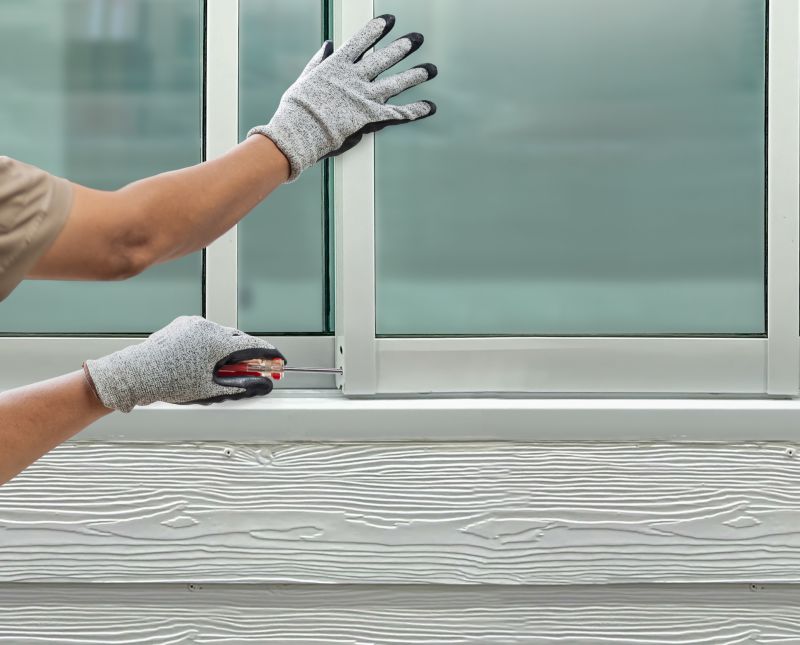
Spring provides ideal conditions for effective sealing and fitting of sliding windows.
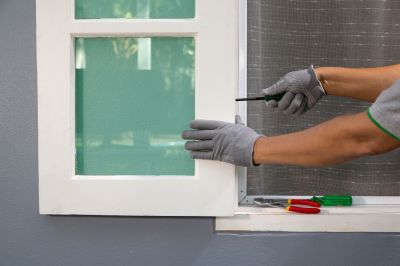
Proper scheduling in summer minimizes risks from high heat and humidity.
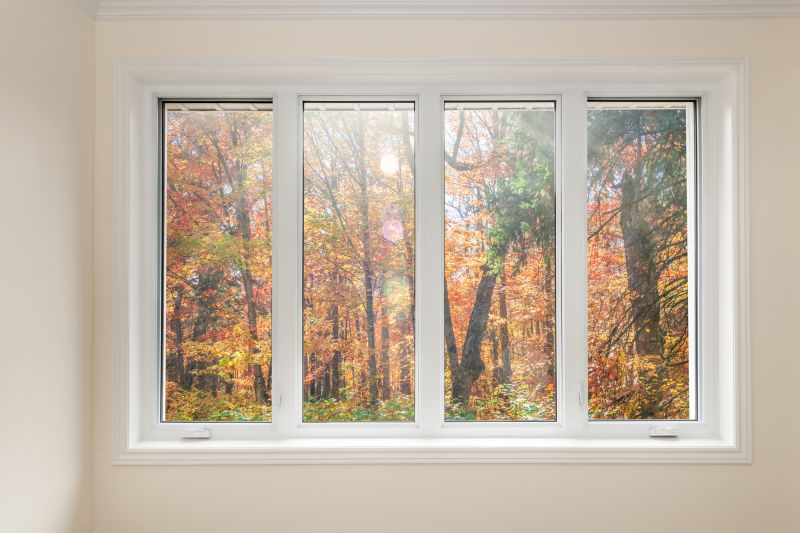
Autumn's dry, cool weather supports precise and durable installation.
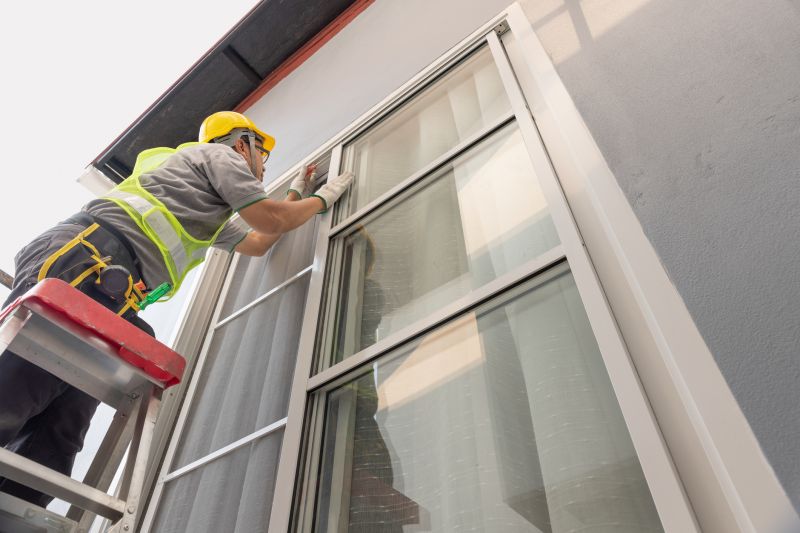
Winter installations require additional precautions due to cold weather conditions.
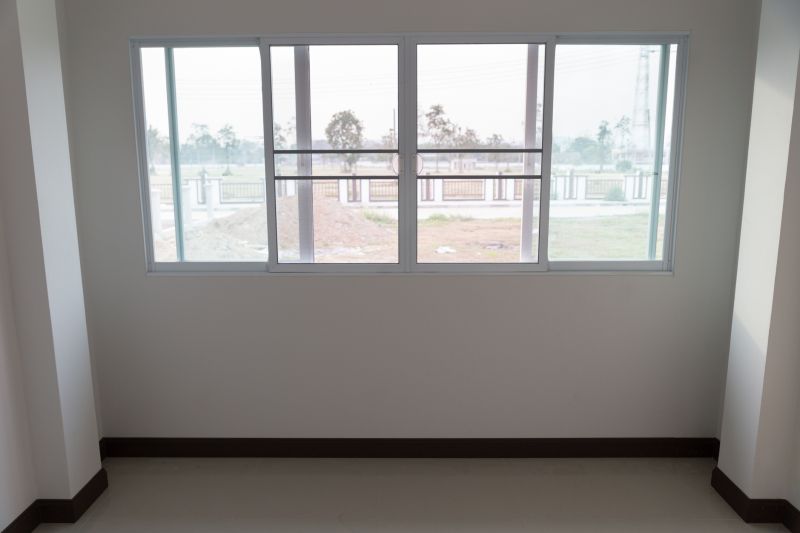
Finishes and colors that play nicely with Sliding Window Installations.
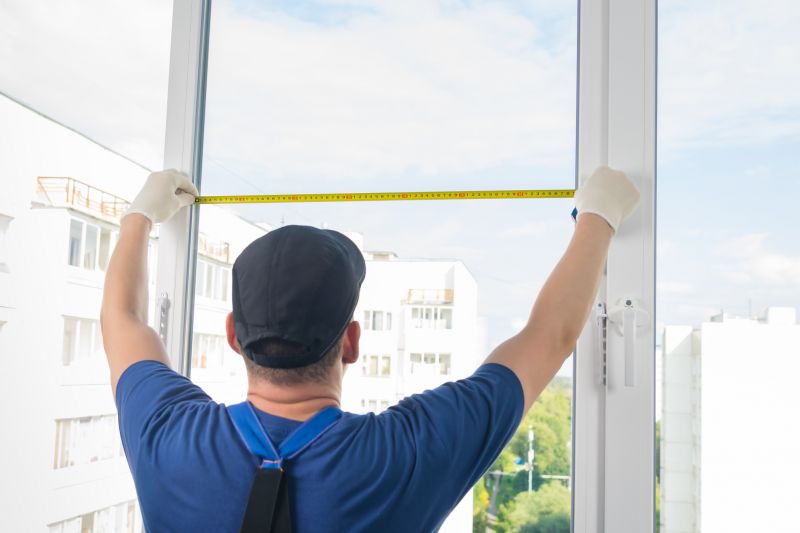
Little measurements that prevent headaches on Sliding Window Installations day.
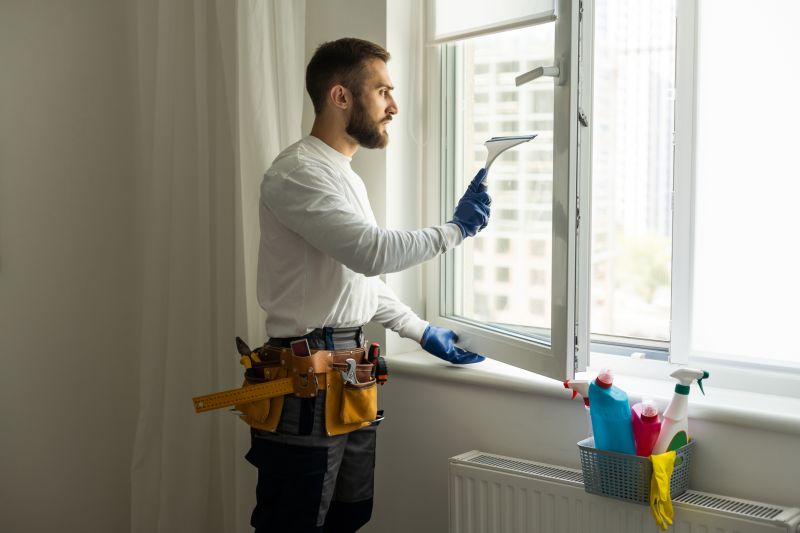
A 60-second routine that keeps Sliding Window Installations looking new.
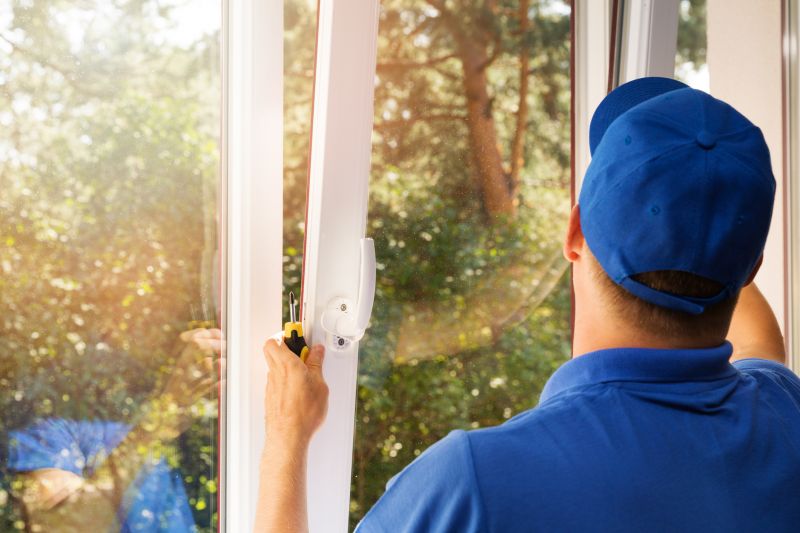
A frequent mistake in Sliding Window Installations and how to dodge it.
Interested parties are encouraged to contact for further information or to schedule a consultation regarding sliding window installation timing. Proper planning can ensure a smooth process and optimal results for energy efficiency, security, and aesthetics.
